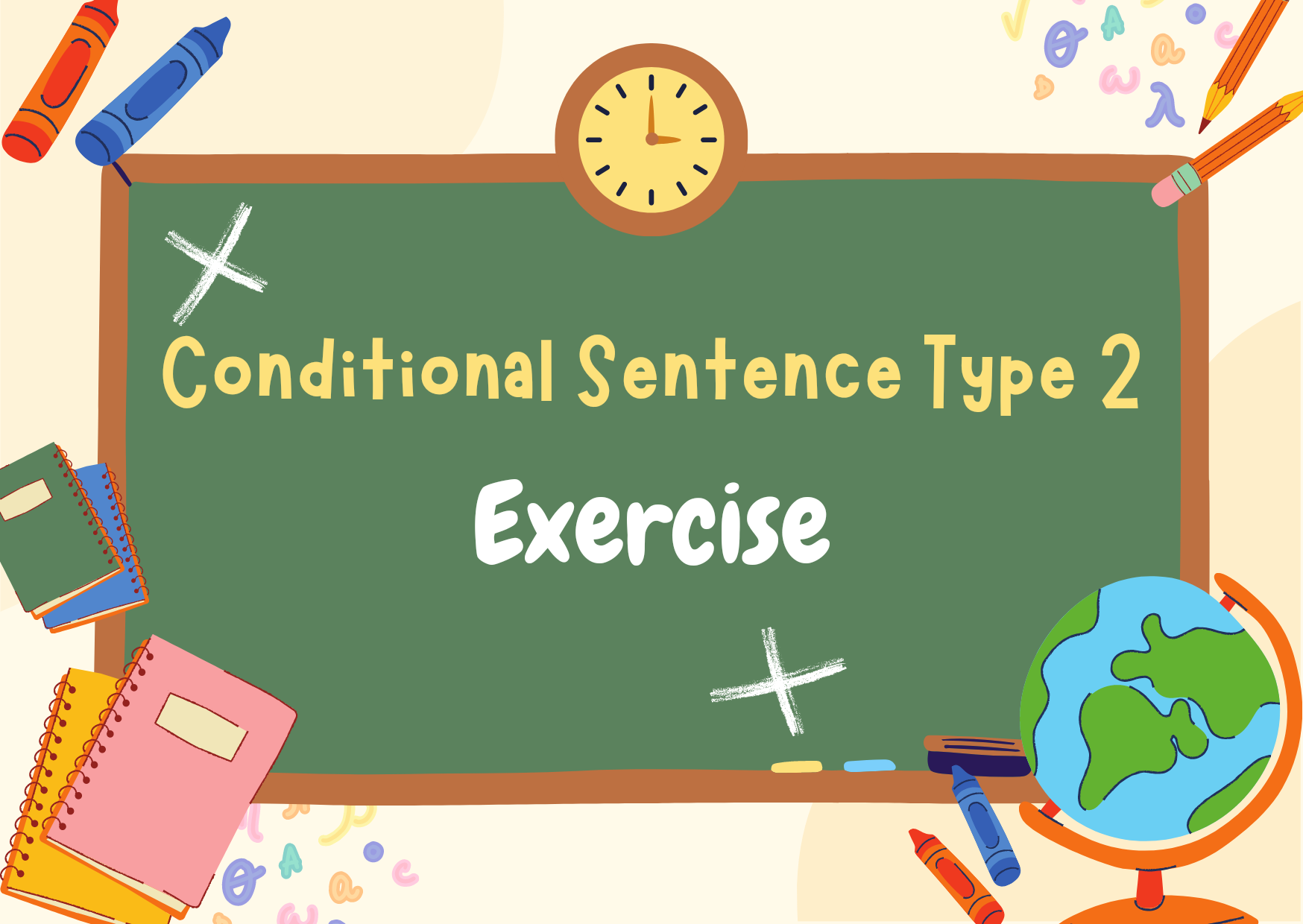Conditional sentences are used to express hypothetical situations or events that depend on certain conditions to be fulfilled. They are composed of a dependent clause (the condition) and an independent clause (the result). These sentences are commonly used in everyday conversations, literature, and academic writing to convey possibilities, consequences, or predictions.
There are four main types of conditional sentences: zero conditionals, first conditionals, second conditionals, and third conditionals. Each type serves a different purpose and is used in specific contexts to express varying degrees of certainty or possibility. Understanding the differences between these types is essential for effective communication in English.
Types of Conditional Sentences
Zero conditionals are used to express general truths or facts that are always true. They consist of the present simple tense in both clauses, with “if” usually omitted. For example, “Water boils at 100 degrees Celsius.” This sentence expresses a fact that is true in all situations.
First conditionals are used to talk about possible future events that are likely to happen. They consist of the present simple tense in the if-clause and the future simple tense in the main clause. For example, “If it rains tomorrow, I will bring an umbrella.” This sentence expresses a condition (rain) and the result (bringing an umbrella) that is likely to occur.
Second conditionals are used to talk about hypothetical situations in the present or future that are unlikely or impossible. They consist of the past simple tense in the if-clause and the conditional (would + base form) in the main clause. For example, “If I won the lottery, I would travel the world.” This sentence expresses a hypothetical situation (winning the lottery) and the imagined result (traveling the world).
Third conditionals are used to talk about hypothetical situations in the past that did not happen. They consist of the past perfect tense in the if-clause and the conditional perfect (would have + past participle) in the main clause. For example, “If I had studied harder, I would have passed the exam.” This sentence expresses a regret about a past action (not studying hard) and the consequence (failing the exam).
In conclusion, conditional sentences play a crucial role in English grammar by allowing speakers and writers to convey various possibilities, consequences, and predictions. By understanding the different types of conditional sentences and their structures, one can effectively communicate in different contexts and express hypothetical situations with clarity.
